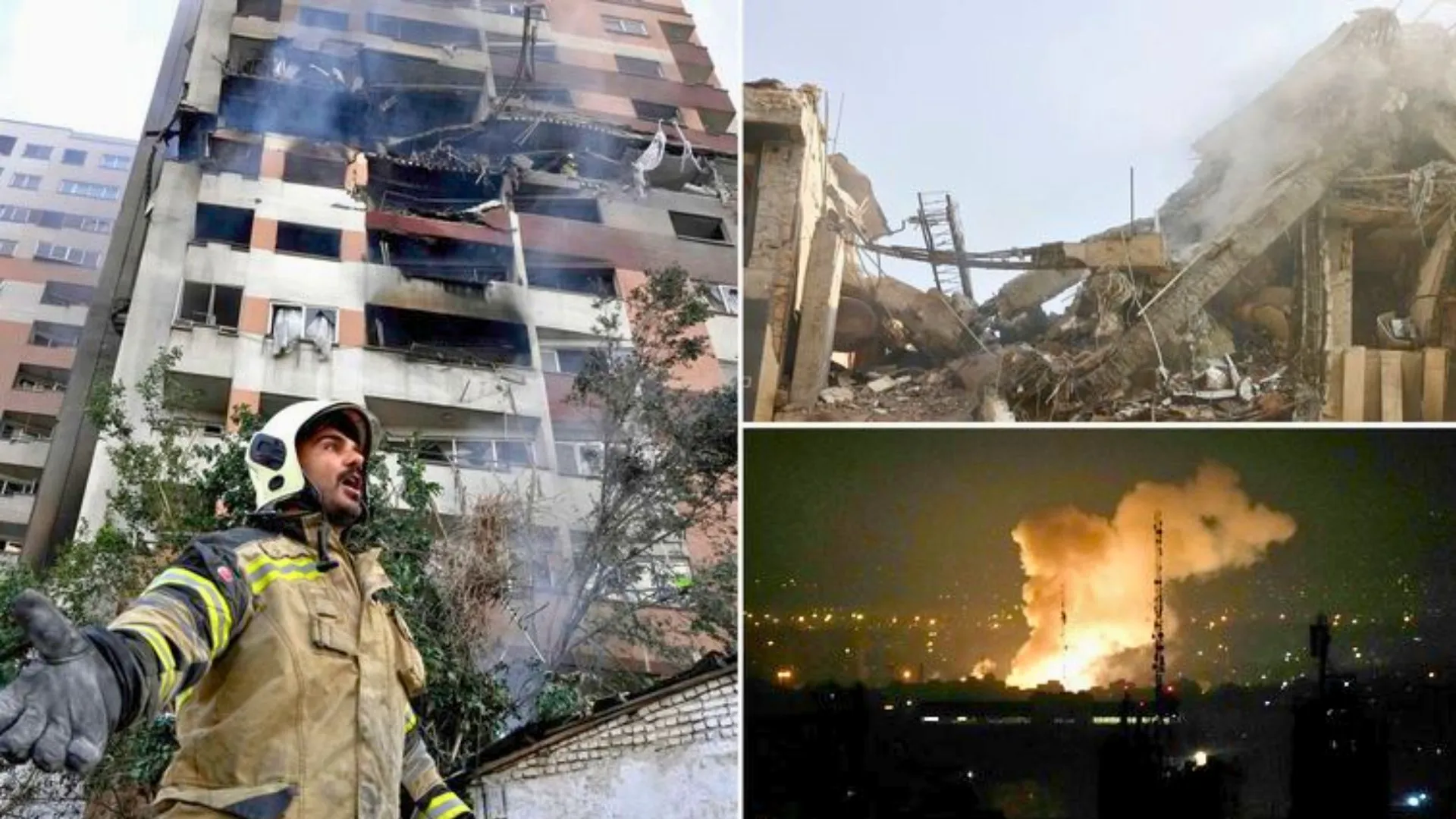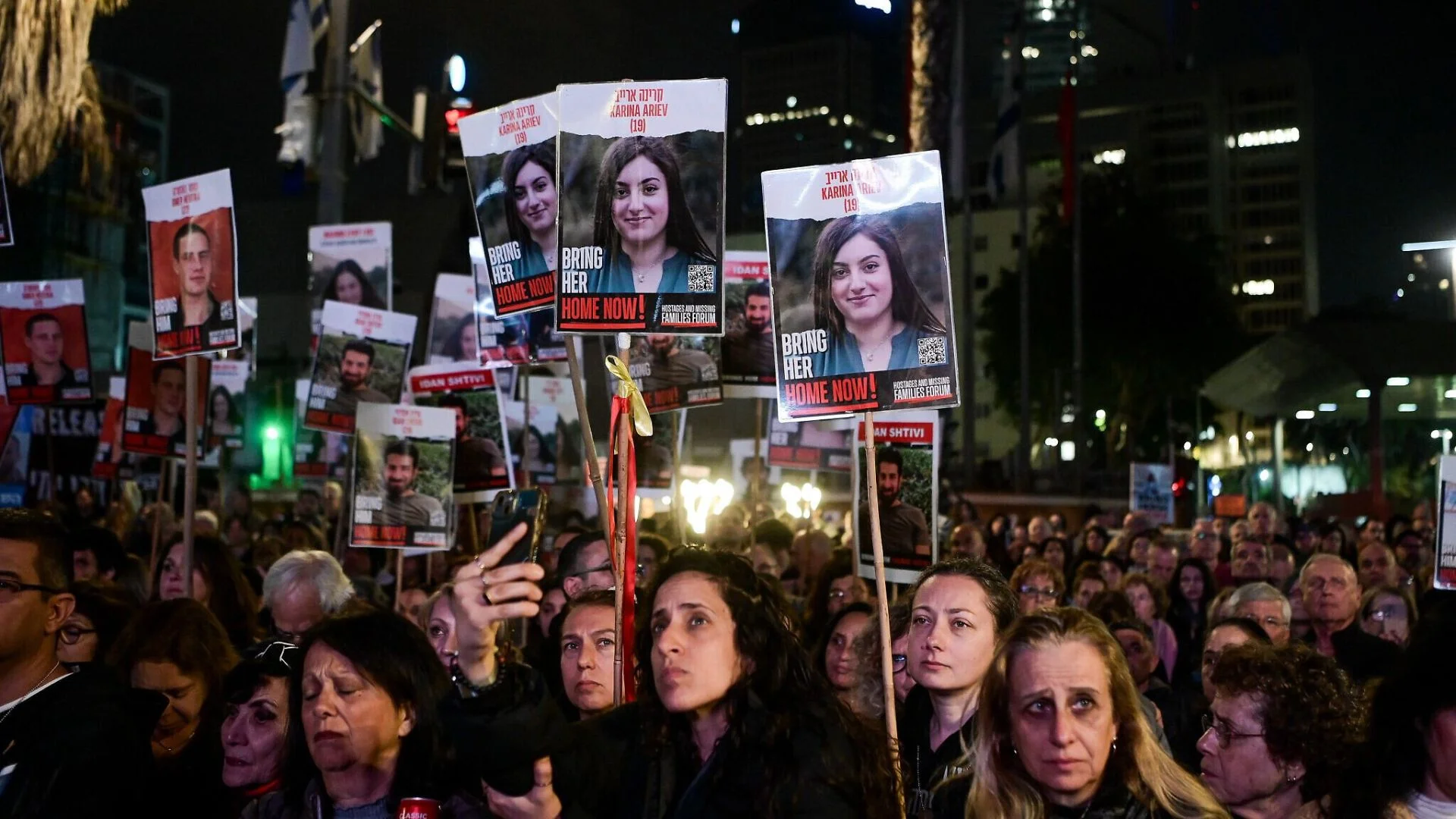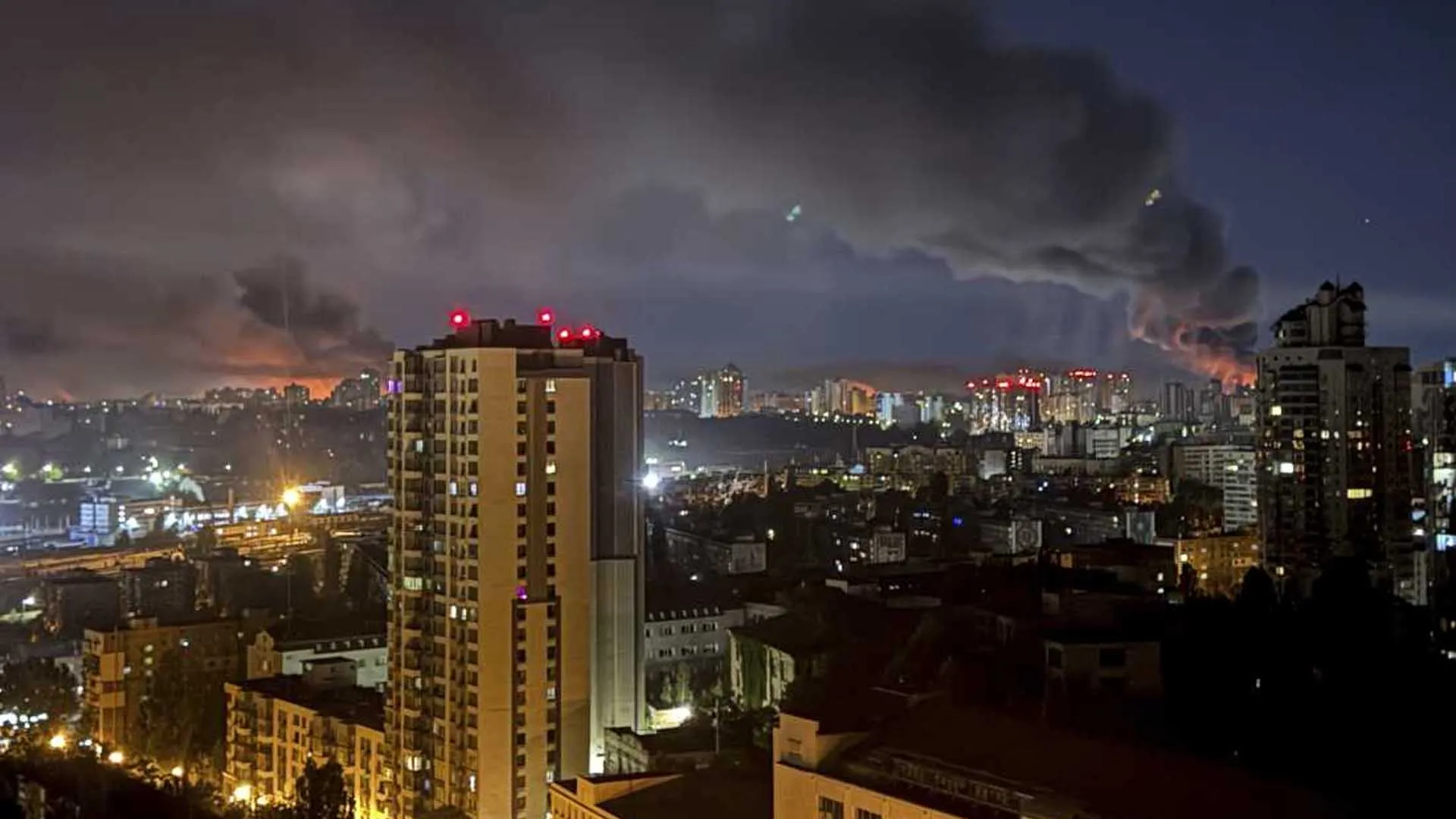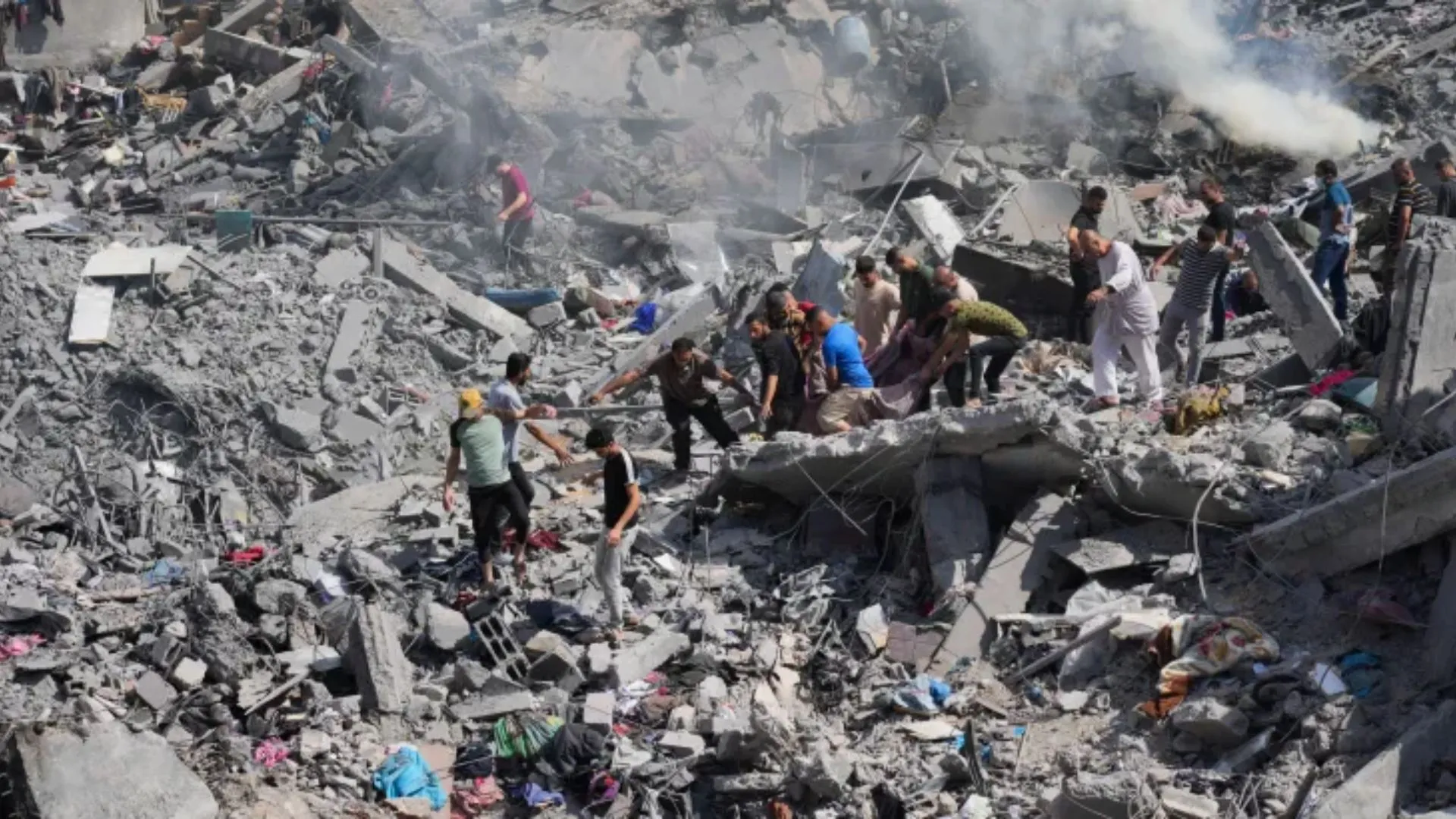Israel struck Iran’s nuclear and missile centers in a mass military action on Friday. The attack, the beginning of “Operation Rising Lion,” was against Iran’s nuclear facilities, missile production plants, and military command. Iran threatened a severe reaction.
Israel intercepted almost 100 retaliatory drones, in return. The attack has turned the balance of regional stability around and sent global oil prices soaring, while flights across West Asia ceased amidst concerns of escalation.
Mossad and the Military Coordinate Deep Strikes
Mossad commandos had operated deep within Iran prior to the strike, Israeli sources confirmed. The intelligence agency coordinated closely with the military to take down Iran’s radar stations and surface-to-air missile launchers. Israel also disclosed that it had established a secret base for attack drones near Tehran.
Israel’s air force sent around 200 fighter planes, hitting more than 100 targets. The military acknowledged the demise of top Iranian military officials, including Revolutionary Guards commander Hossein Salami, Iran’s chief of staff for the armed forces, and head of Iran’s command of emergency affairs. State media also confirmed the killing of six nuclear scientists and children in residential attacks.
Netanyahu Announces Existential War
PM Benjamin Netanyahu spoke to the country with a blunt threat. He declared the operation was intended to “roll back the Iranian threat” and would keep going until Israel’s survival was assured. He urged citizens to stock up and prepare for long periods of sheltering.
Top military officer Eyal Zamir labelled the attacks a “historic campaign” and confirmed that tens of thousands of Israeli military personnel had been mobilised.
Iran Vows to Retaliate
Supreme Leader Ayatollah Khamenei denounced the strikes as “wicked crime” and vowed an “oppressive fate” for Israel. Iran responded with drones, but most were said to have been intercepted by Israeli defenses.
Tehran’s military spokesperson threatened that Israel and the U.S. would be punished. Iran claims it will persist with nuclear enrichment, denouncing the Israeli attack as validation of its missile capability.
World-Wide Fallout: Oil, Flights, and Markets
Brent crude climbed more than 6% following the attack but settled back from its highs. Airlines canceled flights over Iran, Iraq, Jordan, and Israel. Emirates, El Al, Israir, and Arkia all suspended services. Israel closed Ben Gurion Airport and moved aircraft. US stock futures fell. Israel’s shekel fell close to 2% in Asian trade.
Washington Distances Itself
President Trump denied US involvement in the attack and reaffirmed his opposition to Iran acquiring a nuclear bomb. US Secretary of State Marco Rubio reiterated that Israel was acting independently. Israeli media, however, suggested some degree of coordination with Washington. Trump has convened a National Security Council meeting.
US and Iranian officials still plan to meet on Sunday in Oman for another round of nuclear talks despite the fresh crisis.
IAEA and Nuclear Tensions
Iran has denied any intent to develop nuclear weapons. Yet, the IAEA’s board recently declared Tehran in breach of non-proliferation rules for the first time in nearly two decades. Iran responded by defending its enrichment program as a matter of sovereignty.
The International Atomic Energy Agency saw no increase in radiation at the Natanz facility after the airstrikes.
Escalation or Containment?
As Israel prepares for possible follow-up attacks, and Iran weighs its next move, the region holds its breath. With high-profile killings and key facilities reduced to rubble, the Middle East now has the specter of a long and bloody conflict.























